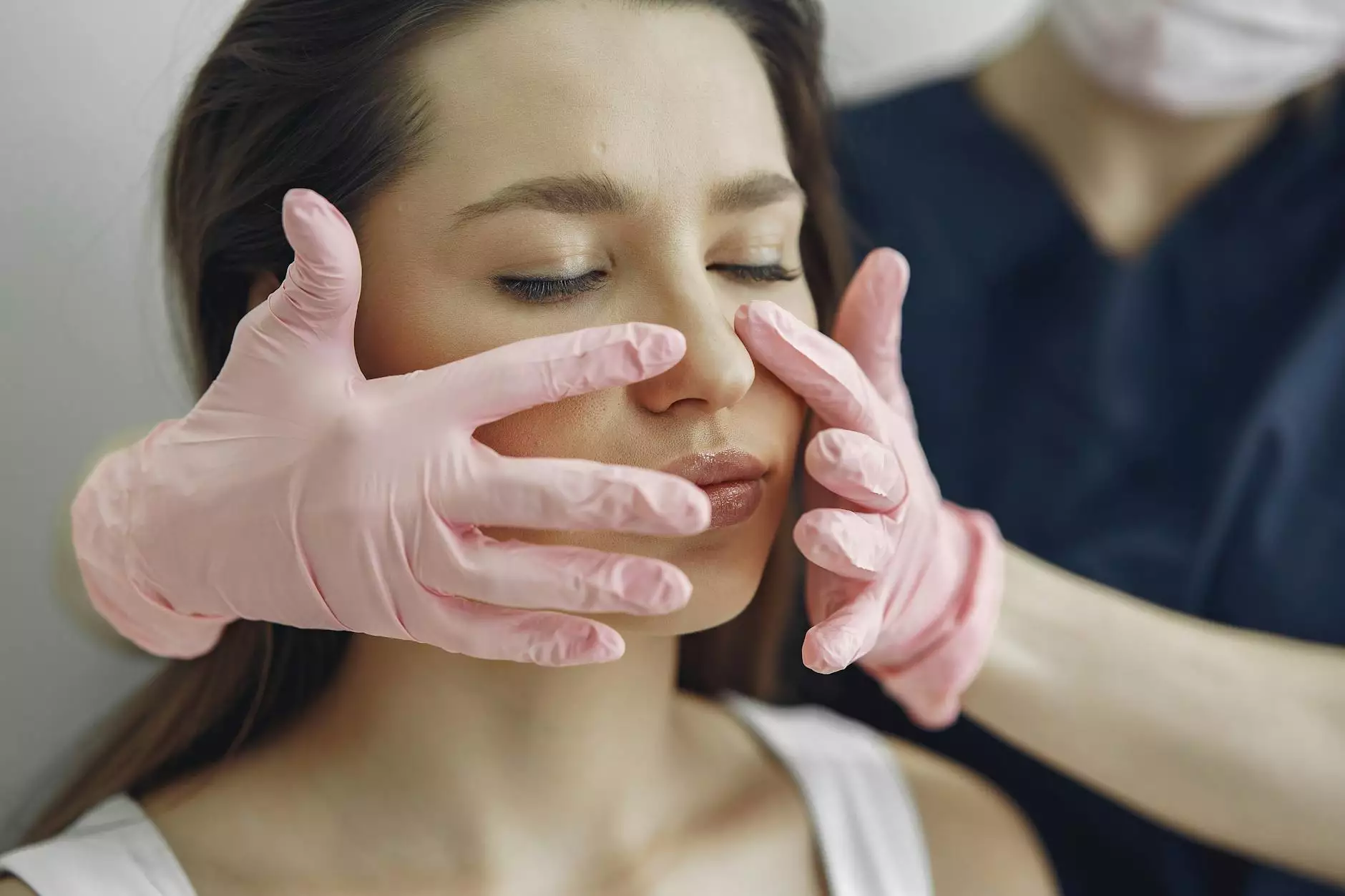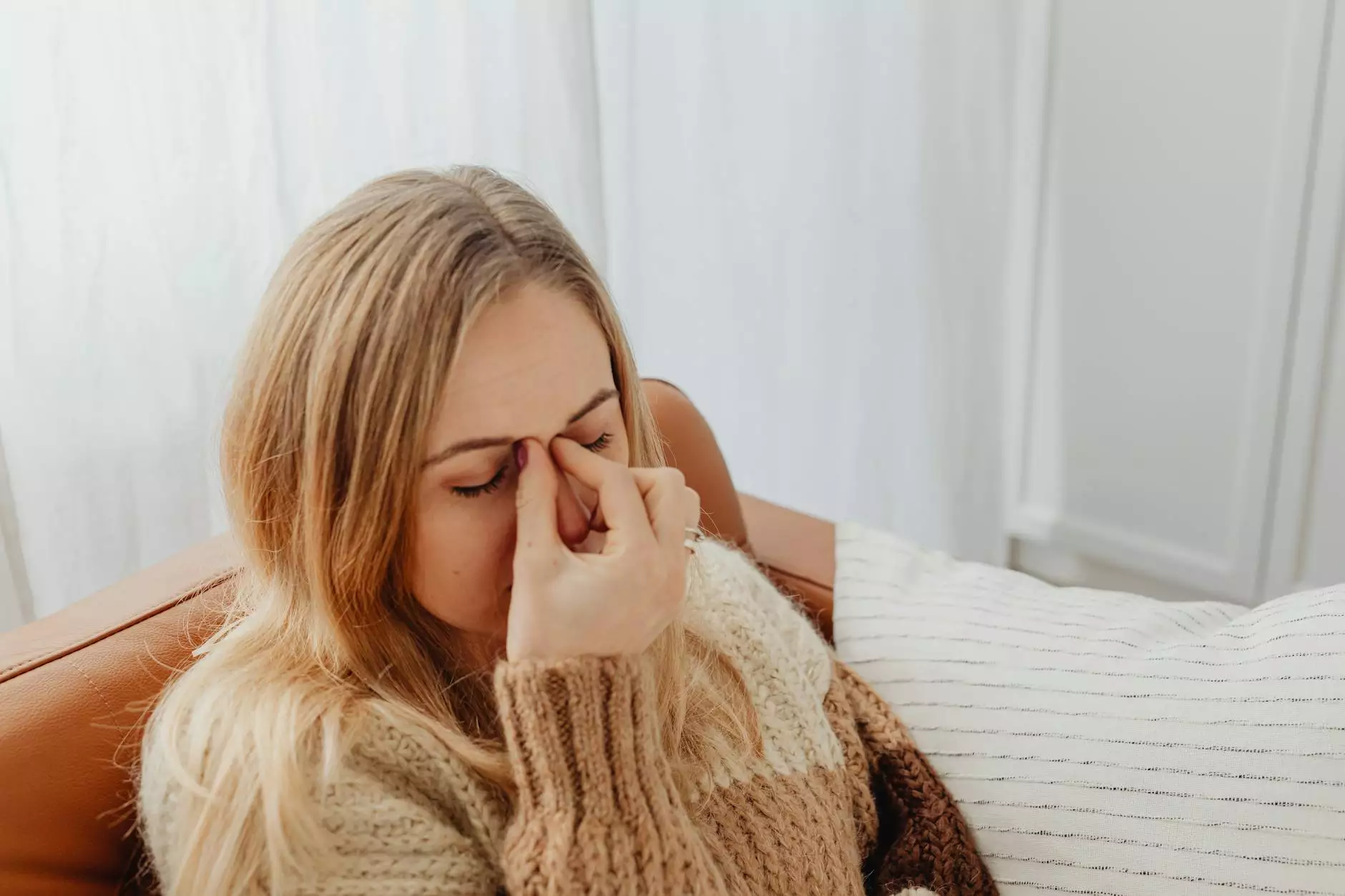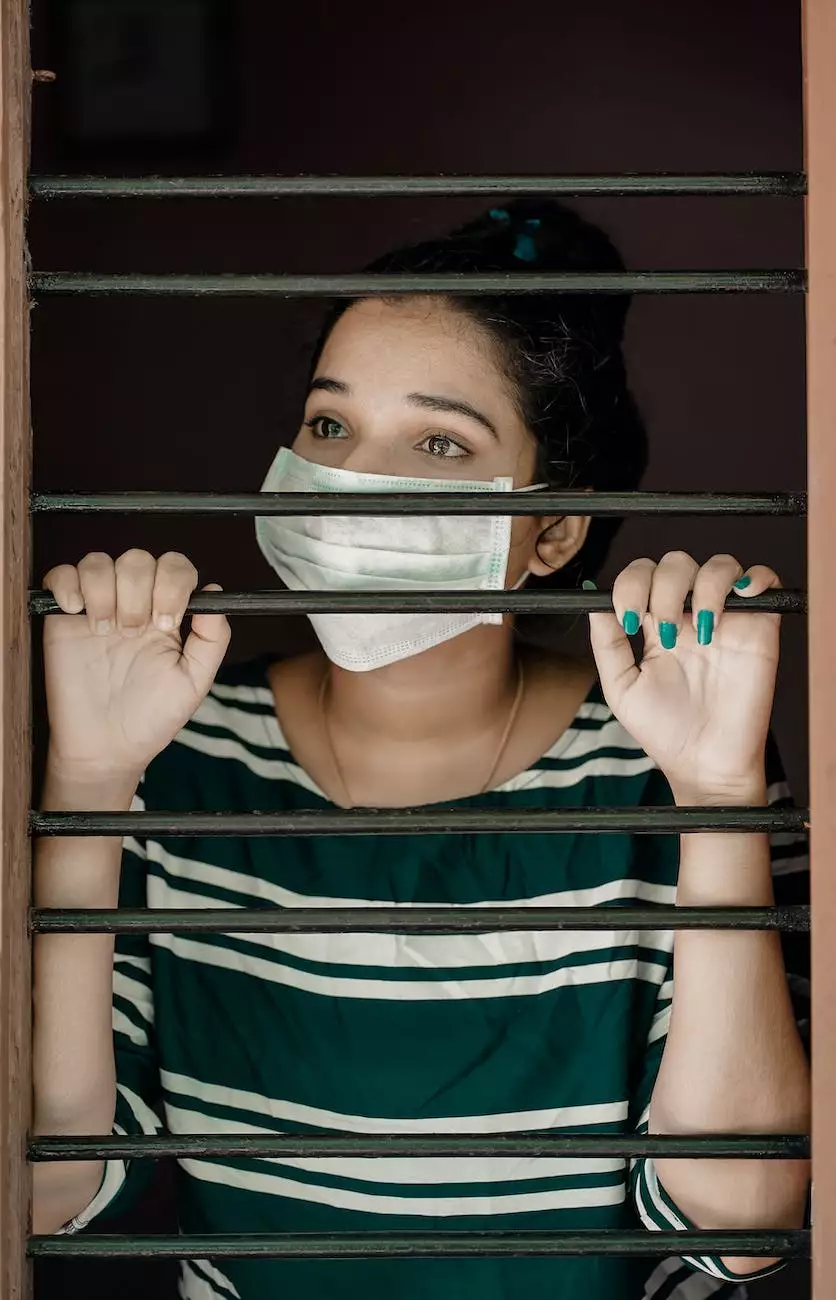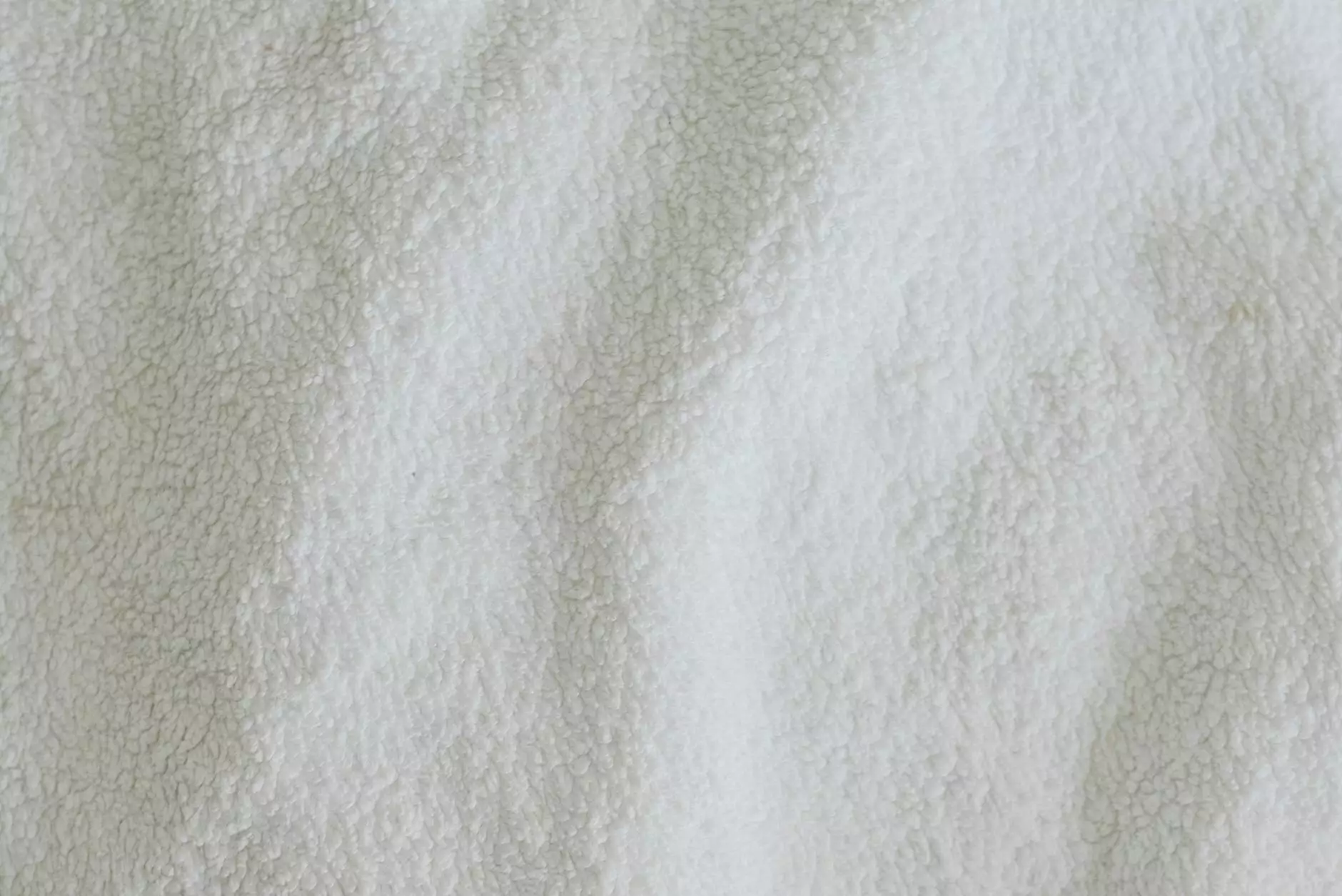What Is Eczema?
Blog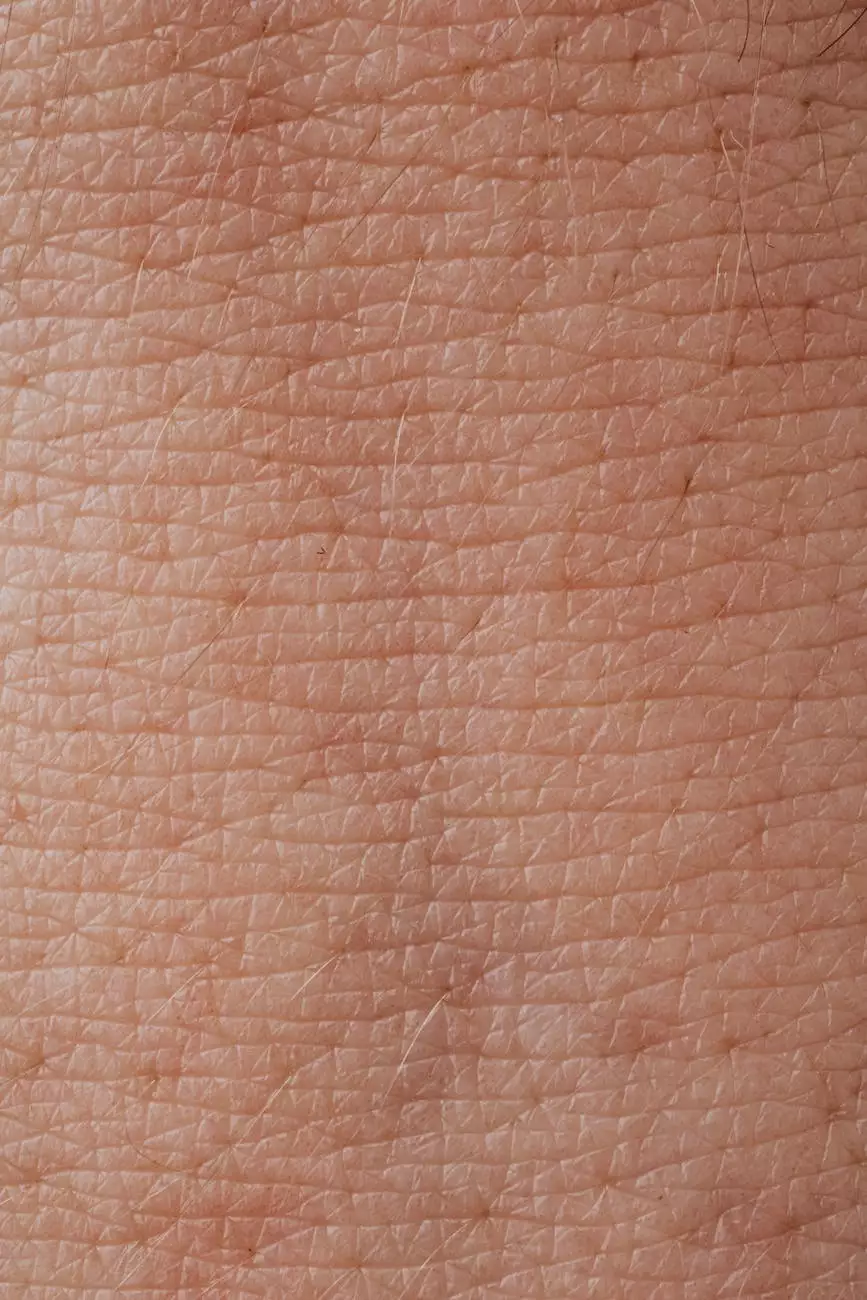
Eczema, also known as atopic dermatitis, is a chronic skin condition that affects millions of people worldwide. It is characterized by dry, itchy, and inflamed skin patches that can be red, scaly, or even oozing. Eczema can occur at any age, but it is most commonly seen in infants and young children.
The Causes of Eczema
The exact cause of eczema is not fully understood, but it is believed to be a combination of genetic and environmental factors. Individuals with a family history of eczema, allergies, or asthma are more likely to develop the condition. Environmental triggers such as allergens, irritants, stress, and weather conditions can also play a role in flare-ups.
Symptoms and Types
The symptoms of eczema can vary from mild to severe and may come and go periodically. Common symptoms include:
- Intense itching
- Dry, red, and inflamed skin patches
- Crusting and scaling
- Blisters or oozing
- Thickened, leathery skin (in chronic cases)
There are several types of eczema, including:
- Atopic dermatitis - the most common form
- Contact dermatitis - caused by contact with irritants or allergens
- Nummular dermatitis - characterized by round or coin-shaped patches
- Seborrheic dermatitis - found on oily areas of the body, such as the scalp and face
- Dyshidrotic eczema - affects the hands and feet, causing itchy blisters
Treatment and Management
While there is no cure for eczema, it can be effectively managed and treated to reduce symptoms and prevent flare-ups. Treatment options include:
- Moisturizing regularly with hypoallergenic creams or ointments
- Avoiding known triggers and irritants, such as certain soaps or fabrics
- Using prescribed medicated creams or ointments to reduce inflammation
- Applying wet dressings or taking bleach baths for severe cases
- Taking oral antihistamines to relieve itching
- Utilizing phototherapy or light therapy under medical supervision
It is important to consult with a dermatologist or healthcare provider to develop an individualized treatment plan based on the severity and type of eczema. They can also educate you on proper skincare techniques and lifestyle modifications to manage the condition effectively.
Prevention Tips
While eczema cannot be completely prevented, there are steps you can take to minimize flare-ups and maintain healthy skin:
- Keep the skin well moisturized
- Avoid overly hot baths or showers
- Use gentle, fragrance-free skincare products
- Wear soft, breathable fabrics
- Manage stress levels
- Avoid scratching or rubbing the affected areas
- Maintain a healthy diet and lifestyle
Conclusion
Eczema is a common and chronic skin condition that can significantly impact one's quality of life. By understanding its causes, symptoms, and treatment options, individuals can effectively manage and control eczema flare-ups. Southside Fixtures is dedicated to providing comprehensive information and resources to help you better understand and cope with this condition.

